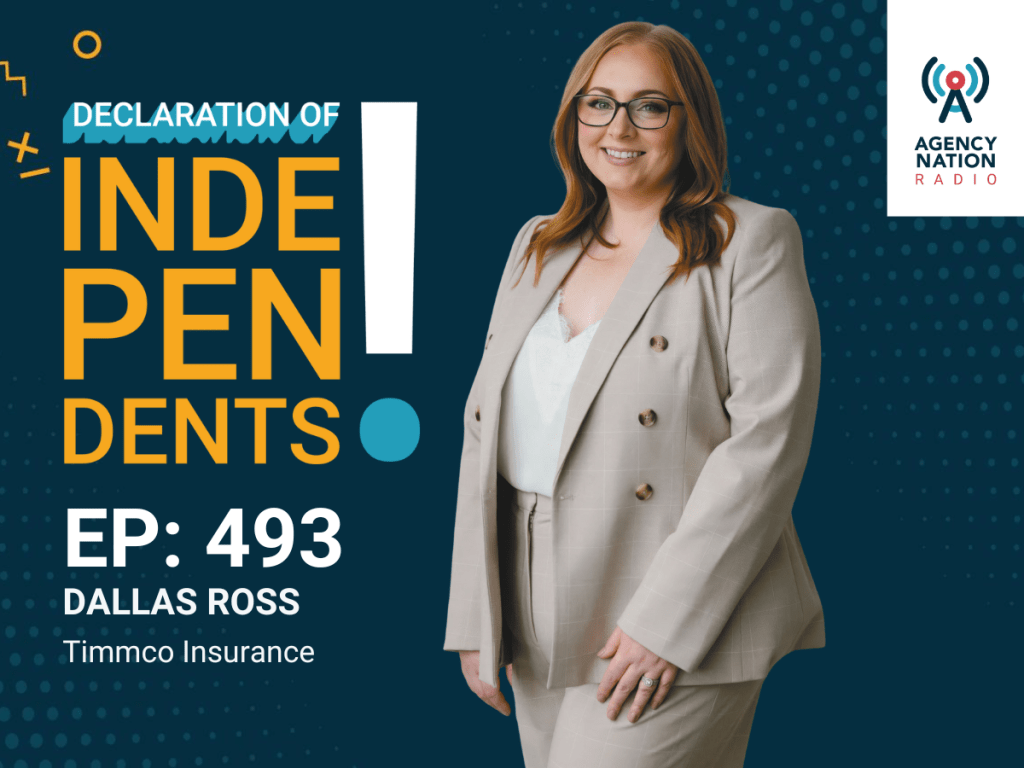Train Smarter, Not Harder
By: Peter L. Miller
The smartest thing an independent agency can do is recruit the brightest employees—and keep them by fostering education throughout their careers.
While this is important in every organization, it’s especially so for small agencies with fewer employees, where every person wears multiple hats. More often than not, the difference between succeeding and floundering often boils down to employee engagement.
The “2013 Kelly Global Workforce Index,” a worldwide survey of 122,000 people commissioned by workforce solutions firm Kelly Services Inc., asked what could best improve manager-employee relationships. More than half of respondents selected training opportunities, second only to salary and benefits. Opportunities for personal growth also ranked second among reasons employees would recommend their employer, just behind company culture.
Quantum Workplace’s “2013 Trends Report: The State of Employee Engagement” presented similar findings: Regardless of experience level, new training and learning opportunities ranked as one of the most important forms of recognition.
So how does employee engagement rank in the finance and insurance industry? According to Quantam, levels are slightly below the national average. But with a clear roadmap and plethora of education tools to motivate employees, insurance agencies should view this as an exciting opportunity to advance—especially considering the insurance industry has one of the broadest selections of professional designations among all industries, with new programs developed every day.
As employees fine-tune their skills and become more engaged, they propel your agency to the forefront of industry expertise and customer service.
Peter L. Miller is president and CEO of Malvern, Pa.-based The Institutes, a premier provider of educational resources and professional designations for the risk management and property-casualty insurance industry.
SIDEBAR: How to Put Education Front and Center- Require managers to include a professional development goal in annual performance objectives.
- Appoint an education coordinator in each major department or office.
- Schedule annual or semiannual company-wide education days, and encourage local offices to schedule their own “e-days.”
- Give cash awards for course and program completion.—P.M.










